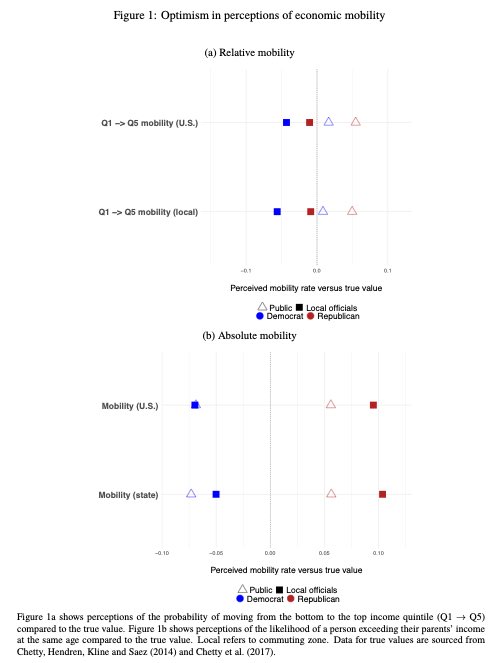
The run-for-President successful Republican agenda is apparently:
- restrict mail voting
- fine social media for bans
- riot / protest restriction
- ban vaccine passports
- ban transgender in girls sports
- spend the federal stimulus
miamiherald.com/news/politics-…
- restrict mail voting
- fine social media for bans
- riot / protest restriction
- ban vaccine passports
- ban transgender in girls sports
- spend the federal stimulus
miamiherald.com/news/politics-…
Noem is pursuing a similar focus on symbolic cultural politics & appeals to conservative media:
nytimes.com/2021/05/02/us/…
In Red State Blues, I find that Republican control of states polarized cultural politics but didn’t shift state economic policy much:
amazon.com/Red-State-Blue…
nytimes.com/2021/05/02/us/…
In Red State Blues, I find that Republican control of states polarized cultural politics but didn’t shift state economic policy much:
amazon.com/Red-State-Blue…
Meanwhile, Democratic state governments are continuing to move leftward on economic & cultural issues, though without reinvention:
seattletimes.com/seattle-news/p…
Federal $ means size & scope of gov will continue growing across Dem & Rep states, continuing long patterns I found
seattletimes.com/seattle-news/p…
Federal $ means size & scope of gov will continue growing across Dem & Rep states, continuing long patterns I found
Longstanding party asymmetries in state governance also continue, with Reps more focused on rules & symbolic politics & less concerned with policy efficacy for problem solving & Dems expanding scope of government, responding to many constituencies. Trump accelerated, didn’t shift
• • •
Missing some Tweet in this thread? You can try to
force a refresh









